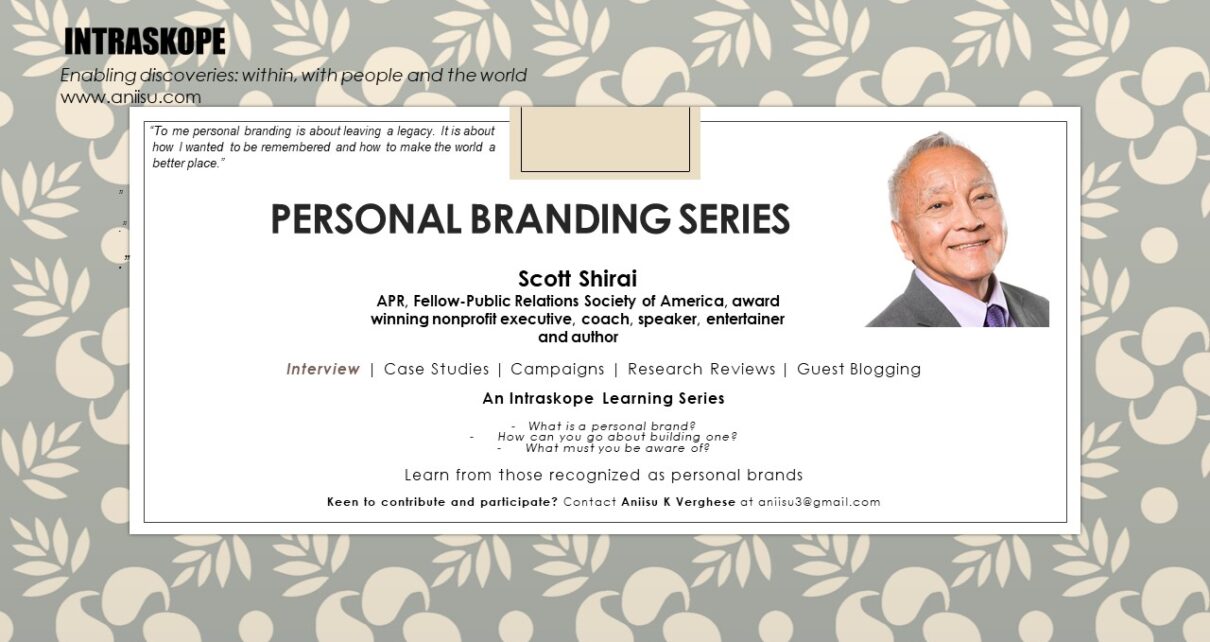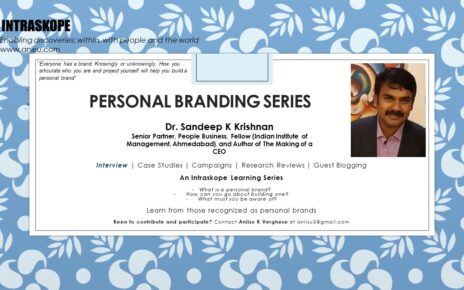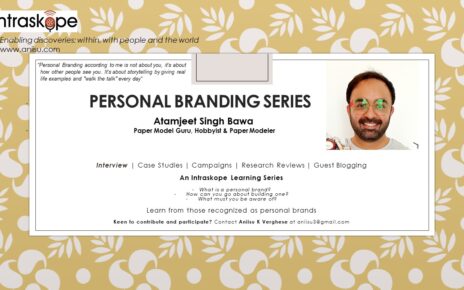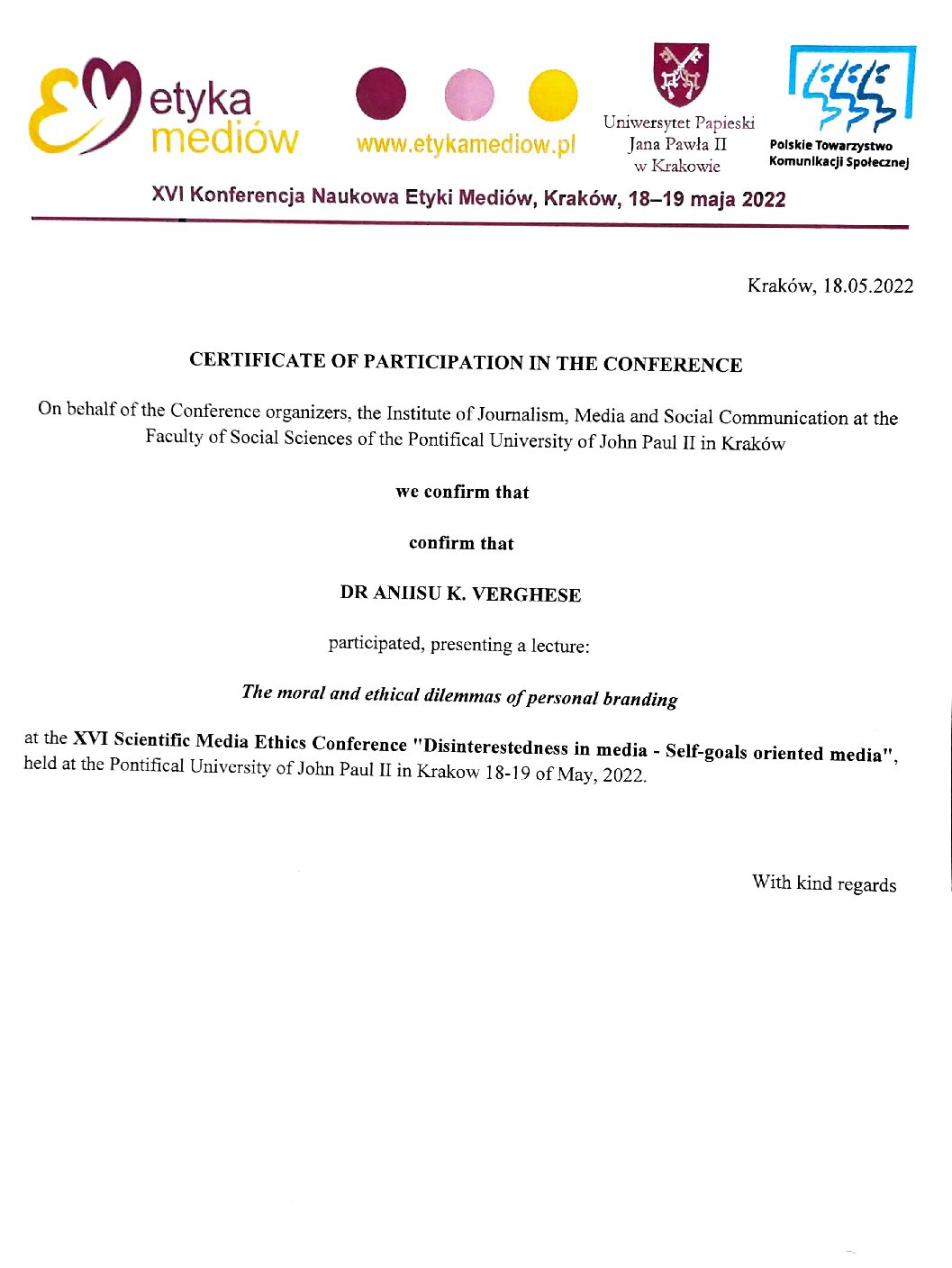Scott Shirai, 77, is a results-oriented expert with proven success and awards in fundraising, strategic planning, marketing, corporate grants & sponsorships, public relations, branding, board development, communications, team-building, research, and training. He is the recipient of the Innovator’s Award for fundraising and research three years in a row in ceremonies at the White House. Recipient of both the Jefferson Award and Paul M. Lund Award for volunteerism and community service. Accredited in public relations since 1984 by the Public Relations Society of America (PRSA) and inducted into PRSA’s prestigious College of Fellows in 1999. I had the honor of speaking with him about personal branding – his journey is heartwarming and inspiring.
Watch the YouTube video interview and read the complete interview below. Look up more such stories on my YouTube channel and on LinkedIn.
Interview
- What according to you is personal branding?
To many people, it is about the mark they leave. To me it is a different, or deeper. It is about leaving a legacy. It is about how I wanted to be remembered and how to make the world a better place.
2. Do you consider yourself a personal brand? How do you know it?
Well, I am not sure if I really, I know my personal brand and this had to do with whatever choices I had as a kid and subsequently, I strived to do the right things for my family and community. But it was always tempered with being fair and open and available for people. Not every decision was the right. Nor do I look back, if I went in a different direction. I made seven career changes and don’t regret it. I stayed true to myself. Not every decision I made was correct in hindsight. However, I don’t look back but followed the spirit.
3.What does one do to go about building a personal brand?
There are a lot of stories I can share. Ever since I was 9 years old I always followed my heart. I was born in Hawaii – we are Japanese Americans. Dad was around the Great Depression – he dropped out of school. As the oldest kid, he supported the family. He was the brightest of the 3 kids. By the time I was of age to go to school I was sent to a private school, with the expectations of working in a profession like medicine. However, I picked up a saxophone and joined a band. At 12 I got a guitar and started entertaining at parties etc. Finally, at senior year of school, knowing that my Dad had literally invested thousands of dollars for my sister’s and my education. He came back from one of his business trips and asked me what college have you applied for? I said ‘music’ and he freaked out. We had a falling out and I said I didn’t send you to private school to learn opera. He said that as a Japanese American you can’t survive on that. Long story short, I felt I had to do what my heart was telling me. I stayed at home till I graduated and moved out since we were not on talking terms. I got accepted at Eastman School of Music, a noteworthy music college but stayed in Hawaii and worked my way through college. What was ironic was that my Dad was a part-time beach boy and also played the Ukulele a lot. I did follow my heart many more times and it was rewarding but also very stressful and sad. Subsequently we got back together when I wrote a book on karaoke. He improvised a carry-on piece of baggage so that I could put a portable piece of equipment in there. My wife and I went on two national book tours. Unlike other approaches, I used to start singing and attracting attention and signing books etc. My Dad was supportive and showed up for lot of the book signings.
4. What are the attributes of a personal brand? And what do people associate your brand with?
Shifting to PR was one of my 7-8 career changes. I started working in radio, and then TV as a newscaster. I was there during the Watergate era when investigative reporting was very popular at that time. So the NBC affiliate hired me and because they felt I was a local and had a lot of contacts they asked me to do a lot of investigative reporting. That led to being subpoenaed into court twice and ordered to reveal sources of news stories. I had promised my sources that I wouldn’t reveal their names. I told them I can’t go back on my word since some of them were underworld or law enforcement and the last thing I wanted to do was jeopardize their lives or jobs. Fortunately those cases were settled before I had to face court. The judges had threatened to throw me in prison till he was satisfied that I wasn’t going to do so. Also, to fine me a 1000 USD a day and the station 5000 USD a day which also made them urge me to comply with the court. Against that background, because these stories were about the underworld, there were rumors that there was a hit-out on me as well. One of the stories, even though I had never identified the person by name, was about the alleged godfather. While I heard from some reliable sources that people had offered to get rid of me, he said no. I was worried that other people would take it on their own initiative to do that, even if he didn’t ask for it. There was that pressure and the attorney who was representing the station was also representing me knowing that the station was wanting me to comply with the court – and I said no I wasn’t going to do that. Hearing all this and my wife at that time, hearing of the rumors of that possible hit, also pressurized me to reveal the sources. I had pressure personally and professionally. The station got sold to Fox and when Fox heard of my issues with the court they asked the management to fire me. Which he did. Right after that I got my third subpoena. Went to court again and was ordered to reveal the sources of my story. I said I wouldn’t do that. In pre-trial meetings the judge had already said that you need to get your bags packed if you are doing to stick to your stance and will fine you a 1000USD a day. I informed the new station management and told them you owe me legal representation. They said no, they wouldn’t do it. Fortunately, friends of mine, lots of journalists and the like put together a defense fund. On the day that I showed up in court – lo and beyond somebody came up and said the case was settled between the city and the plaintiff. Until then, people liked to be your friends, and hob-nob. Until all this started unravelling I had as you call these ‘so-called’ friends. They started disappearing and at the court hearing there was a handful of people in the gallery. When the court said this whole thing is dropped and when I turned around to see who was there, it shocked me. One of them was the Chairperson of the Honolulu City Council and the other was the CEO of the St. Francis Medical Center, Sister Maureen. I walked up to Sister Maureen to thank her and she said (looking skyward) that she wanted the bench to know that there are other people watching out for you. While there were very few people there during those moments, it helped me realize that I was doing the right thing by sticking to my principles. Honoring the confidentiality that I had pledged.
5. Based on your observations and learning who according to you is a personal brand? What characteristics do you admire about them?
There are a lot. Former President of the United States, Jimmy Carter, not the best, always true to his values and stuck to that. He did a lot work for the Habitat for Humanity – never made a fortune out of it. He stayed consistent, predictable and candid. I have met a lot of big important people. George H. W. Bush, when he was Vice President. Likewise, John McCain – he spoke up candidly, knowing he wasn’t going to be popular. He stood tall, maintaining his position and telling people why.
6. What steps did you take to build your brand?
Really wasn’t a plan or a charted course. What was always on the back of mind, person and professional lives, to be true. Always, felt I needed to give back and needed to be a part of the community. I still help a number of NGOs and nonprofits today. It was never my goal however, I got two national awards for community service. Helping others was something I had done since high school I got into radio to be around music but not to be a DJ. Rather I wanted to deliver the news but not spin records. When I got hired into TV, it was at a time, not only Watergate. FCC came up with a mandate to hire minorities. I never looked for a TV job and it was a surprise. Have always been looking for challenges. There was some bit of ego – to be part of Channel 2 was an ego boost. First was to know what was going on out there. I loved what I was doing. Later, I formed my own business and started doing a lot of documentaries. That opened some other doors and I did some commercial work. I did a lot of training and started teaching CEOs how to communicate with the news media. Had the opportunity to manage a video department for an organization – that was exciting – just when I was thinking of retirement. I didn’t have any equipment at that time. For example, when a Hurricane hit, I got on a helicopter and sent the tapes. That experience got me to learn more.
7. How do you know it is working? What challenges did you face while building a personal brand?
Weren’t many since I followed my heart. I didn’t recognize them and it worked.
8. What did you gain in the process? What did you lose?
Started with friends and then disappeared when I was going to court. First it was depressing and shocking. It was cleansing and refreshing since I knew who my true friends were. There was also the stress as my wife and I parted ways. Looking back, I wouldn’t have done things differently. I had to remain true to what I promised.
9. How can someone starting from scratch build a personal brand? What is the first step he or she must take?
To build a personal brand I would recommend they ask the question – how they wish to be remembered after they leave? What 3-5 words would describe how they might be remembered in terms of their character? Form a strategy around to achieve that. There is no template that works for everyone.
10. If you had the opportunity to change something about the way you built your personal brand, what would that be?
I wouldn’t change anything. Possibly one aspect I would consider is being more aware when my mother was hospitalized and passed away. I would have loved to have spent more time with her. At first, I felt guilty and Dad never told me that she was dying, I thought other things were important then.
11. What is your recipe for personal branding success?
Follow your heart
12. With COVID19 and other crises what steps can personal brands take?
I have taught and counselled on crisis and risk management. I feel people must invest in building their own legacy. I truly believe they should continue their own path.
13. Advice for millennials in building a personal brand?
What do you want to be? What else would you achieve it besides being candid, transparent and predictable? Lots of things were impulsive for me back then. I would recommend sticking to your values and not hurting anyone. Feel good about doing what I did.
Liked this interview? Please do share your feedback and comments.
Keen to get ahead with your personal brand? Here are some resources:
- Take a FREE assessment on personal branding.
- Refer to the 3C model on Personal Branding
- Sign up for a 60-minute personalized chat on personal branding
- Personal branding for corporate communicators
Missed the earlier episodes? Read the interviews with Muqbil Ahmar, Tinu Cherian Abraham, Joseph Fernandez, Christina Daniels,Karthik Srinivasan,Gautam Ghosh, Alexander Michael Gittens, Mubeen Azeez, ItzikAmiel, Mangal D Karnad, Abhijit Bhaduri and Sandeep K Krishnan PhD online and share your thoughts.
Keen to join this Series and share your thoughts on Personal Branding? Write to me at [email protected]
Please subscribe to my YouTube Channel and follow me on Medium.



